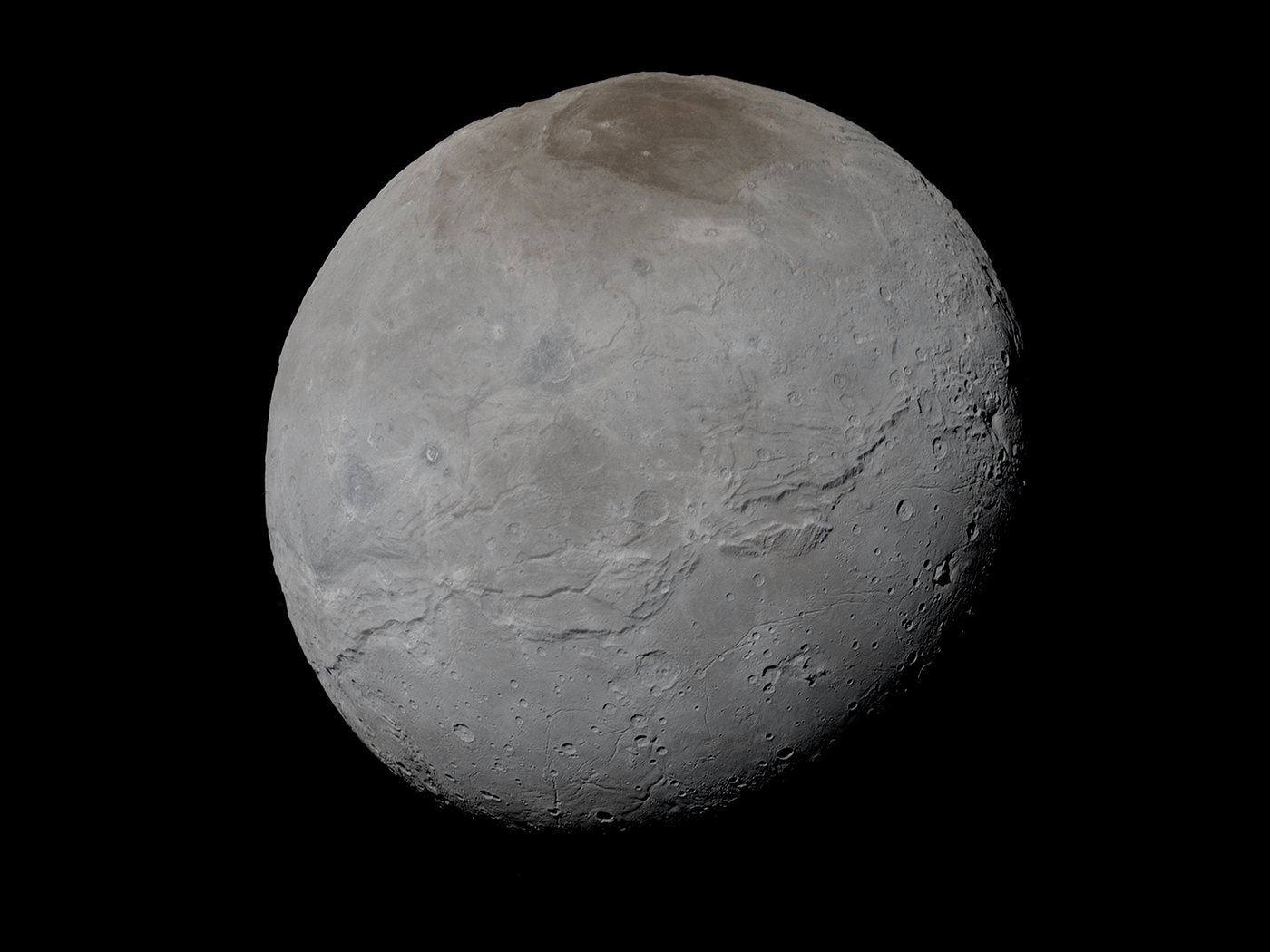by Frank Sherwin
Science is dynamic, always changing. With new information, what was taught as a fact to one generation is but an amusing footnote to the next. When the camera was first invented, the common saying was “pictures never lie.” This lasted for a few years until the camera became popular and people took entertaining pictures that were physically impossible.
The mantra of the nine planets of our solar system is about to be reevaluated. Generations of people will soon learn if what they have been taught regarding our total planet number may be off by one (are there eight planets…or ten?).
In the Czech Republic, several thousand astronomers are currently attempting to craft a cogent definition of the word planet. The International Astronomical Union is in a stalemate according to representative, Pavel Suchan. Half of the participants say Pluto is insufficient to be called a planet with the other half disagreeing.
The split is accentuated by the discovery of a larger object/planet (dubbed Xena) that is beyond Pluto, but has a circumference 112 kilometers (70 miles) longer than Pluto. If Pluto is considered a planet, should not also Xena? Should this be a tenth planet?
Notice that additional scientific research has up-ended current planetary thought. Will there ever be a time when neo-Darwinism will be held up to such scrutiny due to new scientific discoveries? Probably not. The philosophy of vertical evolution (descent with modification) seems to be immune to contrary scientific information (e.g., soft dinosaur tissue discovered in eastern Montana, lack of evidence in the fossil record, etc.). Yet the creation still testifies of its immortal and invisible Creator—even if men refuse to listen.





















